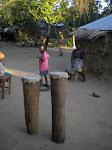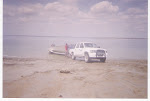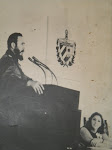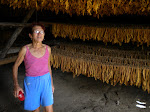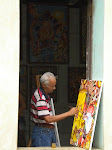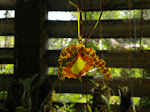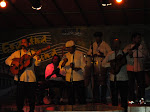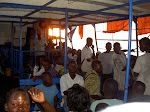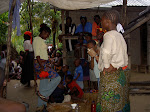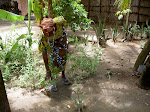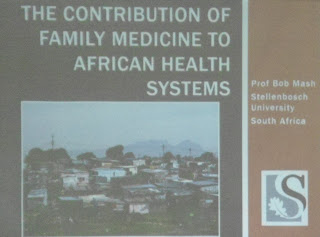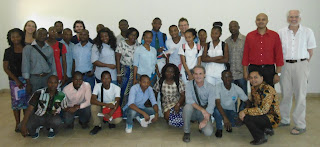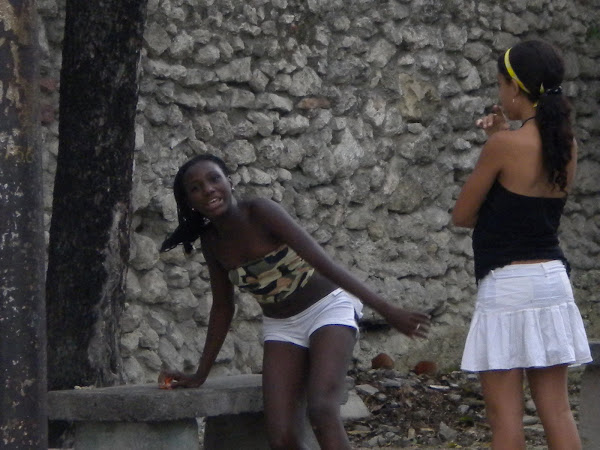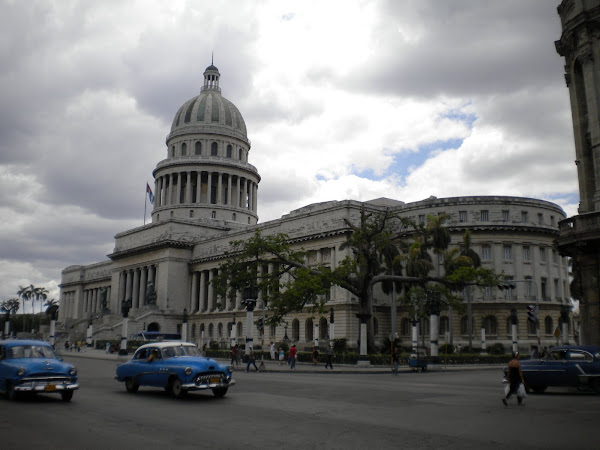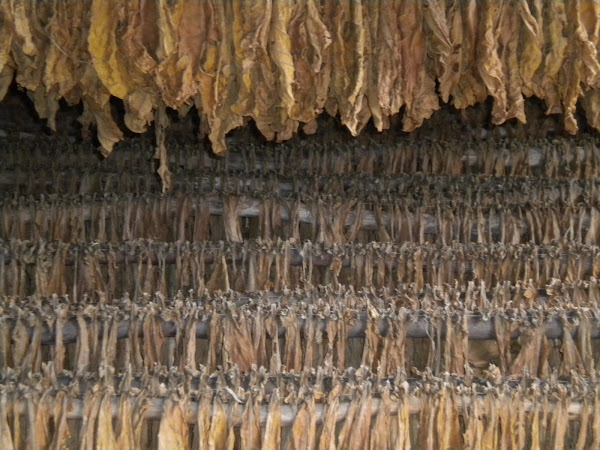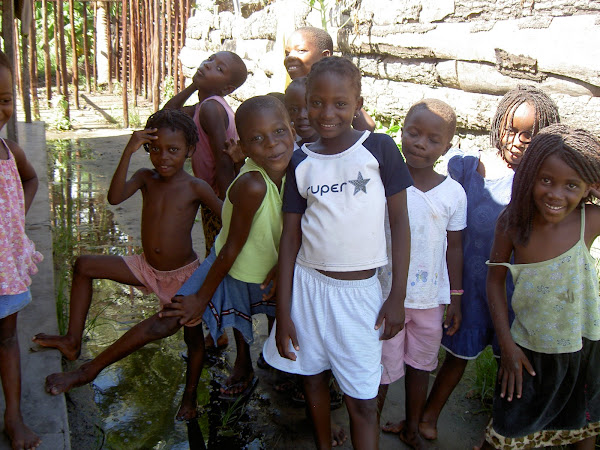Autores:
P Pires, D João, E
Mureheira, A Baptista, C Jemussene, D Basílio, S Bethe, V Nicuta
Abstract
Introduction:
mother and newborn mortality rates in Mozambique are the highest in the Eastern
African region. Less than four ante natal visits and lack of institutional
delivery by trained birth attendants named in the literature as major causes of
maternal and newborn deaths. This study aims to understand the perceptions of
women in Marrere, Nampula, regarding ante natal care and determine the barriers
to accessing primary health care services.
Methods: descriptive
qualitative study, with researcher led semi structured interviews of pregnant
women and women who have given birth within the last year who presented to the
Marrere Hospital Mother and Child Health clinic.
Results: we
interviewed a total of 30 women, 25 were in their 3rd trimester of
pregnancy and five had given birth within the last year. The 30 women had an average
age of 24 years and 3,7 pregnancies per women. The group has weak knowledge
about ante natal care (13 women, 43%); women query late for ante natal care,
mostly in pregnancy second trimester (18 women, 60%). Illiterates are
predominant (16 women, 53%). Participants (9) point “bad luck” as an abortion
cause and the majority (25 women, 83%) says witchcraft is a strong risk for
pregnancies and abortion, making them to hide pregnancy and wait a late moment
to seek ante natal care.
Discussion: the
barriers to ante natal care access for women in Marrere most commonly mentioned
in our study were: 1) lack of knowledge regarding reproductive health and ante
natal care; 2) fear of witchcraft so women don’t tell anyone they are pregnant
and only come to antenatal visits later in pregnancy or not at all; 3) social
and economic difficulties, as lack of decision power in the family and no or
low income, as reported by other studies in Mozambique. The majority of this
group points the fear of witchcraft as a main reason for late ante natal care.
Conclusion: solutions
for knowledge deficit and witchcraft beliefs would be to involve traditional
healers, traditional birth attendants, priest, community members and pregnant
women in ongoing mother and child health care promotion and education. Using a
train the trainer method to enhance health care promotion could be effective.
Key words: ante natal query, access, barriers, pregnancy risk,
maternal health, Nampula, Mozambique.
"Tenho que ir ao pre natal!"
Mas esta tante gente...
Tantas maes...
Vao ali as minhas amigas, vou apanhar boleia!
(desafio traducao em Macua)











































































































































































































































































































































































































































































































































































































































































































